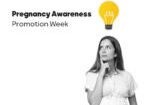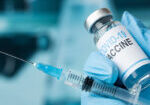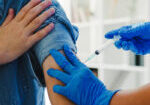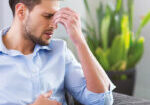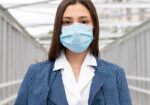COVID-19 vaccines and vaccination in Iran (2nd part)
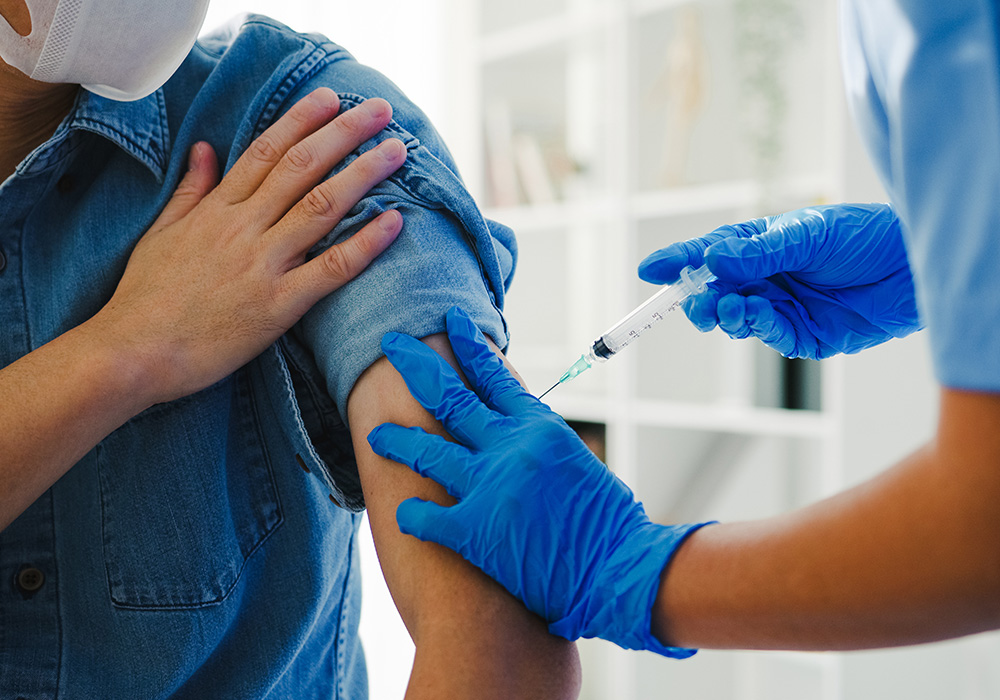
The spread of a disease is highly depends on the environment. The affection route, its lethality and contagiousness, the level of public health and the time of vaccine or treatment development for the disease are among the factors influencing the spread of a disease.
The spread of a disease is highly depends on the environment. The affection route, its lethality and contagiousness, the level of public health and the time of vaccine or treatment development for the disease are among the factors influencing the spread of a disease. Therefore, effective and rapid vaccination is very important in breaking the transmission chain of the disease.
COVID-19 vaccines are safe and effective in preventing disease, especially severe disease, and death. In fact, these vaccines reduce the risk of spreading the virus that causes COVID-19 infection in people, and you may have side effects after vaccination. These are normal and disappear in a few days.
It usually takes 2 weeks after vaccination for body to get protected against the COVID-19 virus. You have not been fully vaccinated until 2 weeks after the second dose of the 2-dose vaccines or2 weeks after the single-dose vaccines.
:What we are still evaluating about vaccines
-
- To what extent do vaccines protect people with compromised immune systems, including those taking immunosuppressive drugs?
- How long does the COVID-19 vaccine protect people against the virus?
- How many people should be vaccinated to develop collective immunity?
- How effective are vaccines against mutant viruses?
:Now we are going to review some common questions about COVID-19 vaccines
- Are COVID-19 vaccines safe?
Yes; even rapidly produced vaccines must undergo rigorous clinical trials to determine whether they meet internationally agreed standards for safety and efficacy. A vaccine can only be approved by national and international regulatory agencies if it meets these standards.
- If a person has infected and recovered from COVID-19, is there still a need for vaccination?
Yes; you should be vaccinated, regardless of prior infections. This is because experts still do not know how long you will be immunized after recovering from COVID-19. Even if you have already recovered from COVID-19, you may still get infected by this virus. Studies have shown that vaccination provides a strong boost in the protection of people who have recovered from COVID-19
If you are being treated with COVID-19 monoclonal antibody or recovered people’s plasma, you will have to wait 90 days after treatment termination for receiving COVID-19 vaccine. Talk to your doctor if you are not sure what treatment you have received or if you have further questions about the COVID-19 vaccine.
If you have a history of multisystem inflammatory syndrome, delay your vaccination until90 days after your illness is completely cured.
- How long the COVID-19 vaccine immunity lasts?
It is not clear exactly how long vaccine’s immunity lasts. What is clear is that COVID-19 has caused very serious illness and death for many peoples of community. If you get infected, the risk of transmission to your beloved ones increases; therefore, in a pandemic situation, receiving the COVID-19 vaccine is a safer choice.
Experts are trying to learn more about both natural immunity and immunity to vaccines.
- Is it possible to get the COVID-19 vaccine if you have an underlying disease?
People with underlying medical conditions can get the COVID-19 vaccine; Provided that they do not have an immediate or severe allergic reaction to the COVID-19 vaccine or to any of its ingredients. Vaccination is very important at any age. Vaccination is especially important for people with certain underlying problems because they are at risk for the more severe form of COVID-19.
- Is it possible to get the vaccine while a person has the coronavirus?
No. People with COVID-19 who have symptoms should wait until they have fully recovered from the disease and no longer have quarantine conditions. In this case, they are allowed to receive the vaccine.
If at least 10 days elapsed from the onset of symptoms and 24 hours after being fever-free, elimination of other symptoms of COVID-19 and not using antipyretic drugs, the patient is recovering and there is no need to continue quarantine.

